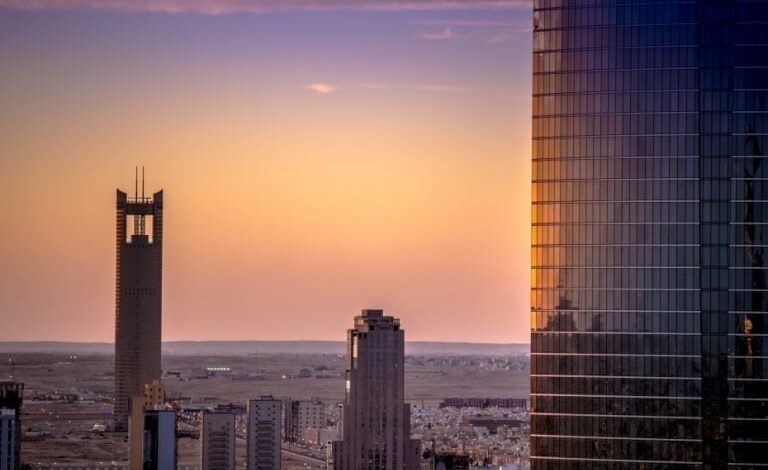Saudi Arabia sees 2023 budget surplus bump despite oil-market jitters

Saudi Arabia boosted its forecast for next year’s budget surplus compared with projections made just three months ago, in a sign of confidence that its revenues will hold up despite jitters in the oil market and fears of a global economic slowdown.
The government’s latest fiscal outlook, unveiled on Wednesday, showed it now expects to run a surplus of 16 billion riyals ($4.3 billion) in 2023, nearly double a previous estimate of 9 billion riyals. The economy is still forecast to expand 3.1%.
Revenues are now set to reach 1.13 trillion riyals, slightly more than projected earlier, according to the Finance Ministry. Expenditure next year is expected at 1.114 trillion riyals, unchanged from the government’s estimate published in September.
The world’s top crude exporter is standing by most of its forecasts even as the oil market is close to wiping out its gains for the year. The threat of a recession also looms large because soaring energy costs and interest rates could stymie demand in the coming months.
The oil market could look quite different by early 2023, with several potentially historic shifts in supply and demand unfolding in the coming days and weeks.
Top Chinese government officials over the past week have signalled a transition away from the harshest covid containment measures, which have weighed on the economy of the world’s largest oil importer. Meanwhile, sanctions on Russia’s sea-borne crude exports took effect on Monday, marking the beginning of a European Union and Group of Seven cap on its oil prices at $60 a barrel.
Surplus projections for next year are likely conservative. International travel returning to pre-covid levels could add up to 2 million barrels a day of additional oil demand, while the reopening of China’s economy may increase that by a further 500,000 to 1 million barrels a day, he said.
“Just these two factors alone would cause some problems to the international energy market because spare capacity is actually very limited,” Al-Jadaan said.
Saudi Arabia expects this year’s budget surplus at 102 billion riyals, up from an initial projection of 90 billion riyals.
Most of that will likely go to the central bank, Al-Jadaan said, boosting reserves have slumped from a high of $737 billion in August 2014 to about $445 billion. There will also be transfers to the National Development Fund, which has been tasked with investing in developing the kingdom’s infrastructure, and potentially also the Public Investment Fund — the powerful sovereign wealth fund.
The budget is in surplus for the first time in nearly a decade, and the government wants to keep it in the black in the coming years. That follows several years of painful measures that included reductions in subsidies, alongside more taxes and levies to combat a sharp fall in oil revenue that dented the economy.
Buoyed by the rebound from the global pandemic as well as loosening restrictions on investment and social activities, the kingdom is set to be the fastest-growing economy in the Group of 20 this year with an expansion the government now anticipates will reach 8.5%.
The boom has spread beyond the energy sector. Business activity in Saudi Arabia’s non-oil economy expanded at the fastest pace in more than seven years in November, as new order growth accelerated and businesses turned more optimistic.
The outlook remains strong for the kingdom’s finances since it’s among Gulf Arab economies that the International Monetary Fund estimates may save about a third of their oil revenues, a much higher share than previously. The IMF said in October that its projection for the Saudi economy could be revised higher this year on the back of a booming energy sector and strong non-oil growth.
Still, the latest budget projections signal the Saudi government won’t open the taps on spending. It’s also reluctant to reverse a pandemic-era tripling of the Value Added Tax rate to 15%. The move helped shore up government finances when oil prices slumped in 2020, and officials said it would be reviewed in the future.




